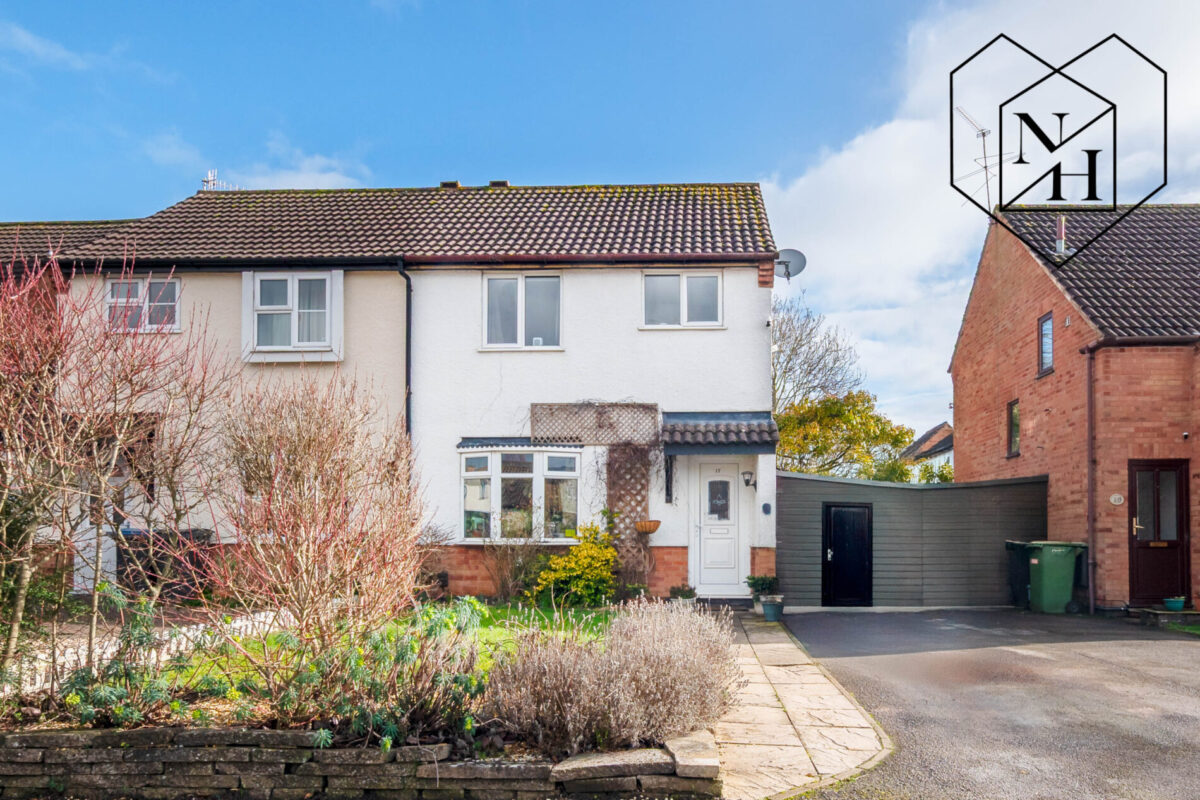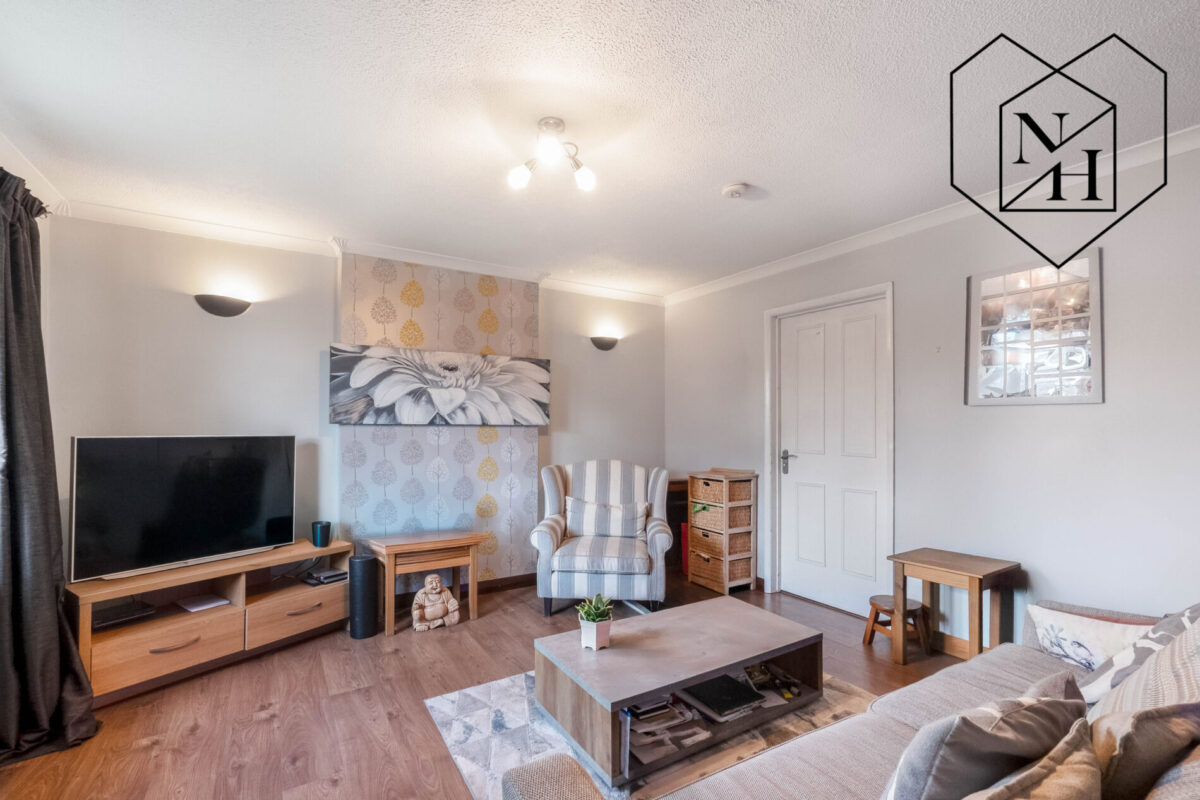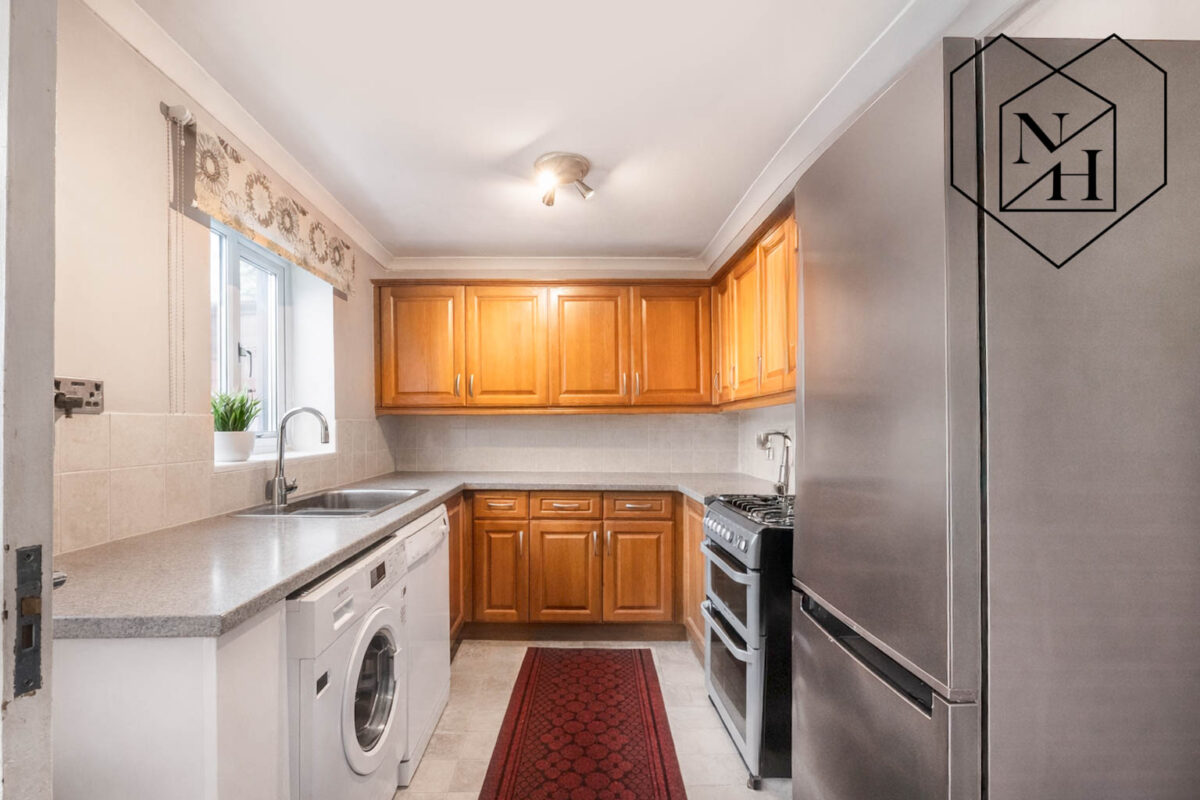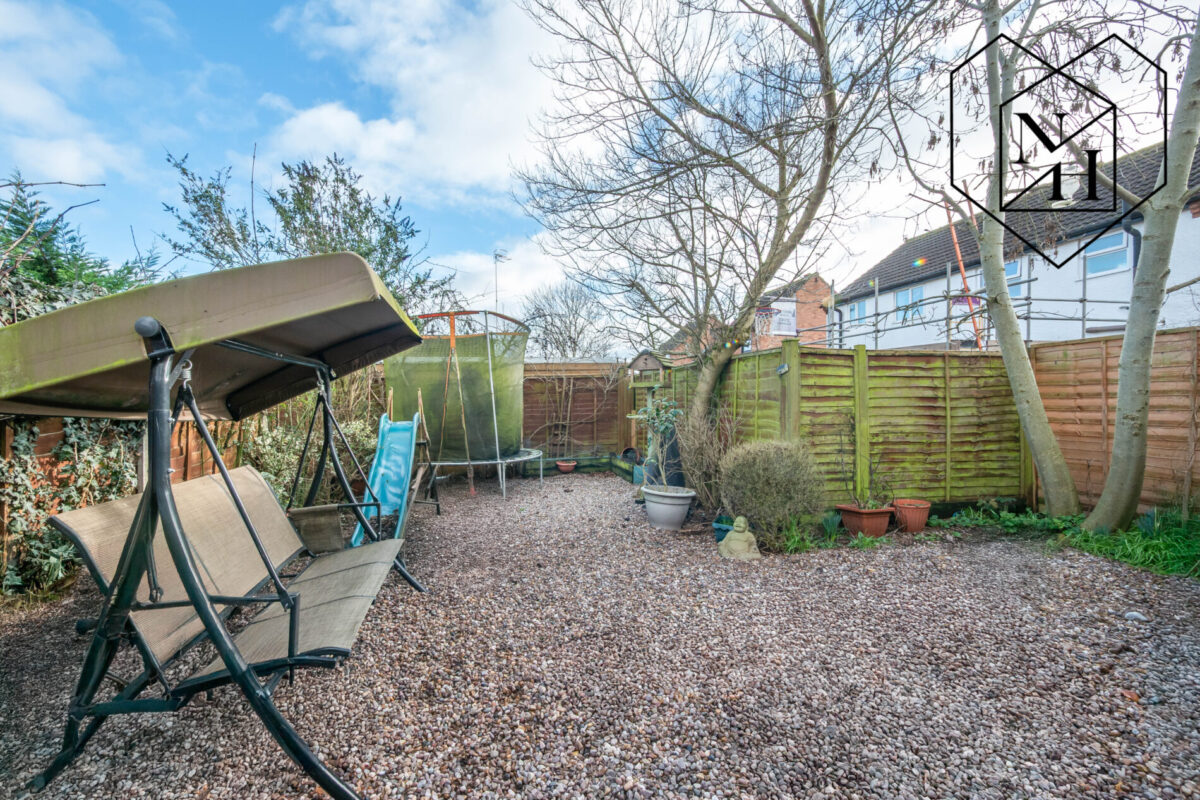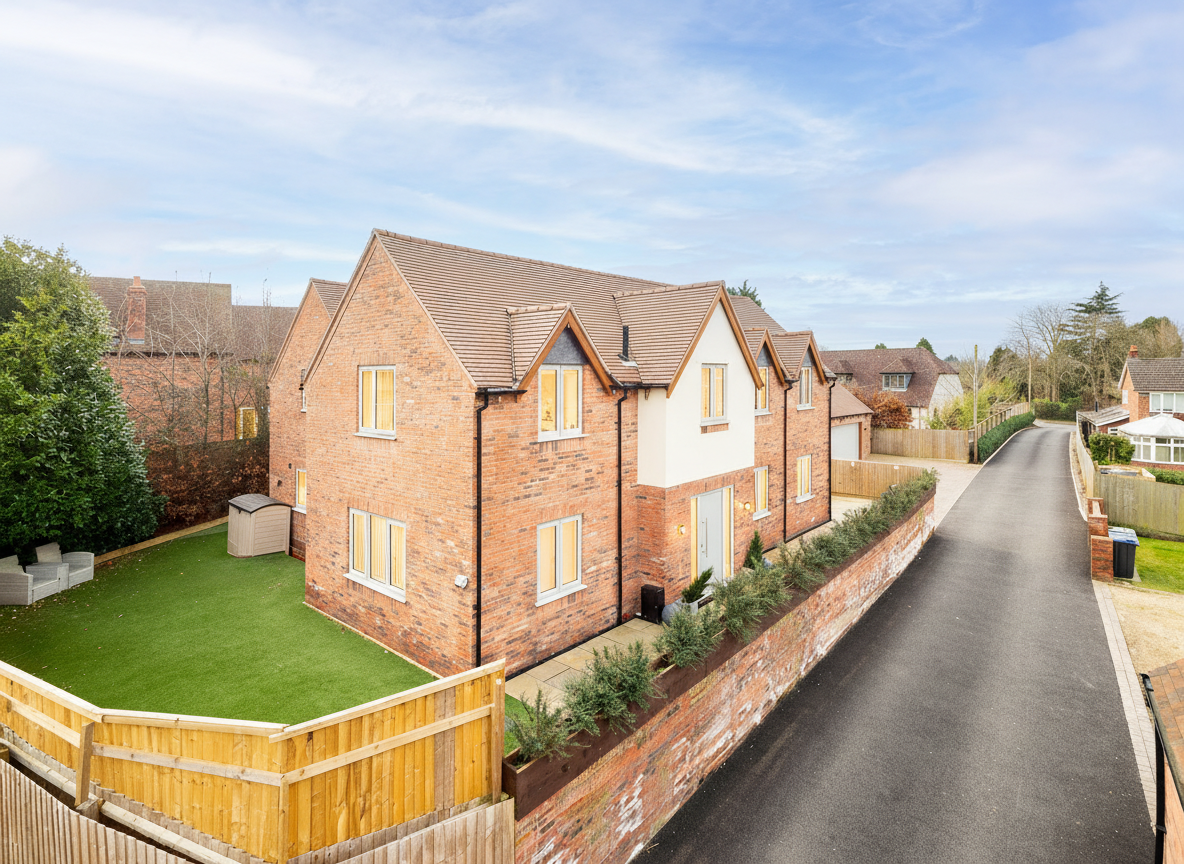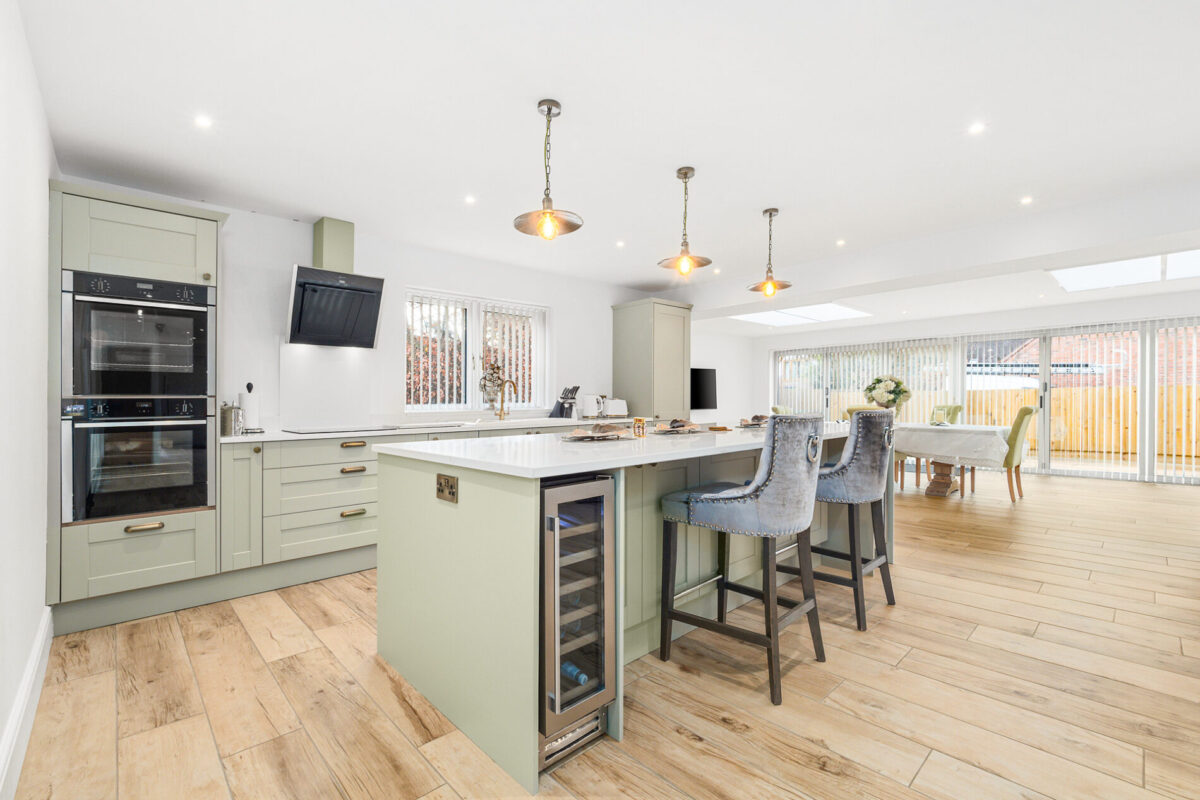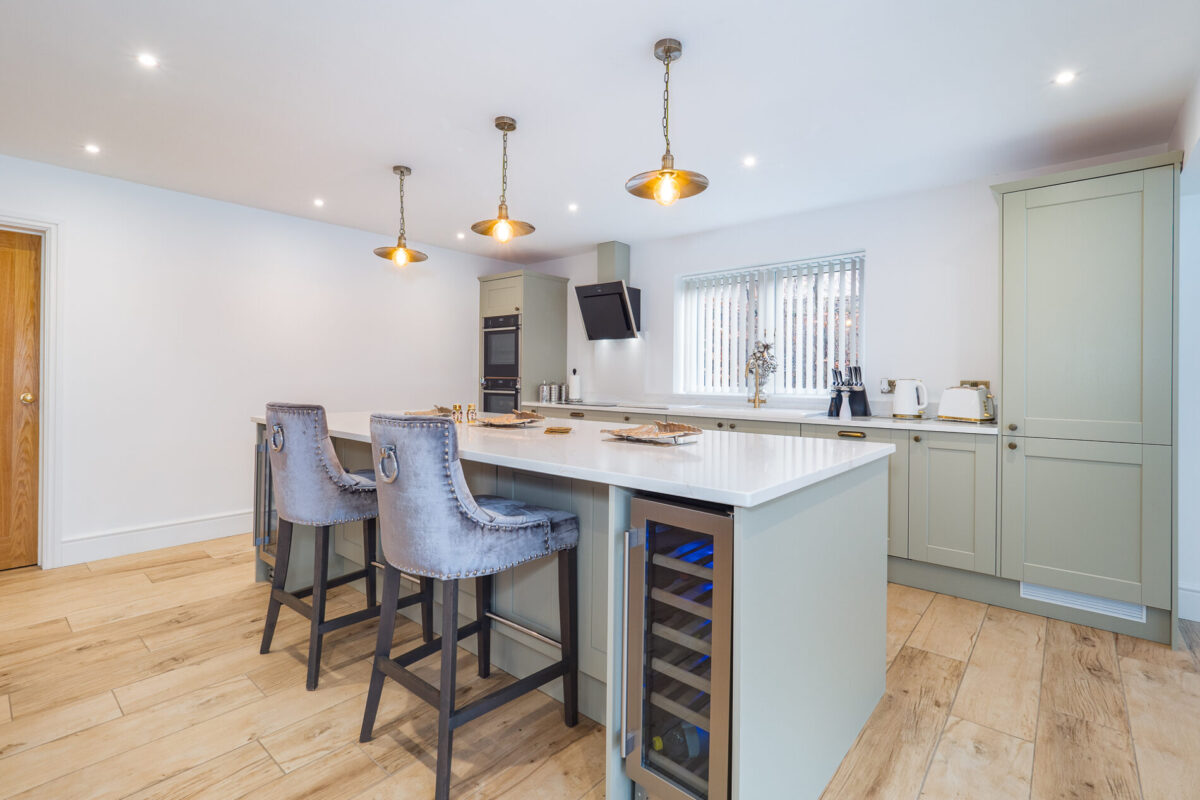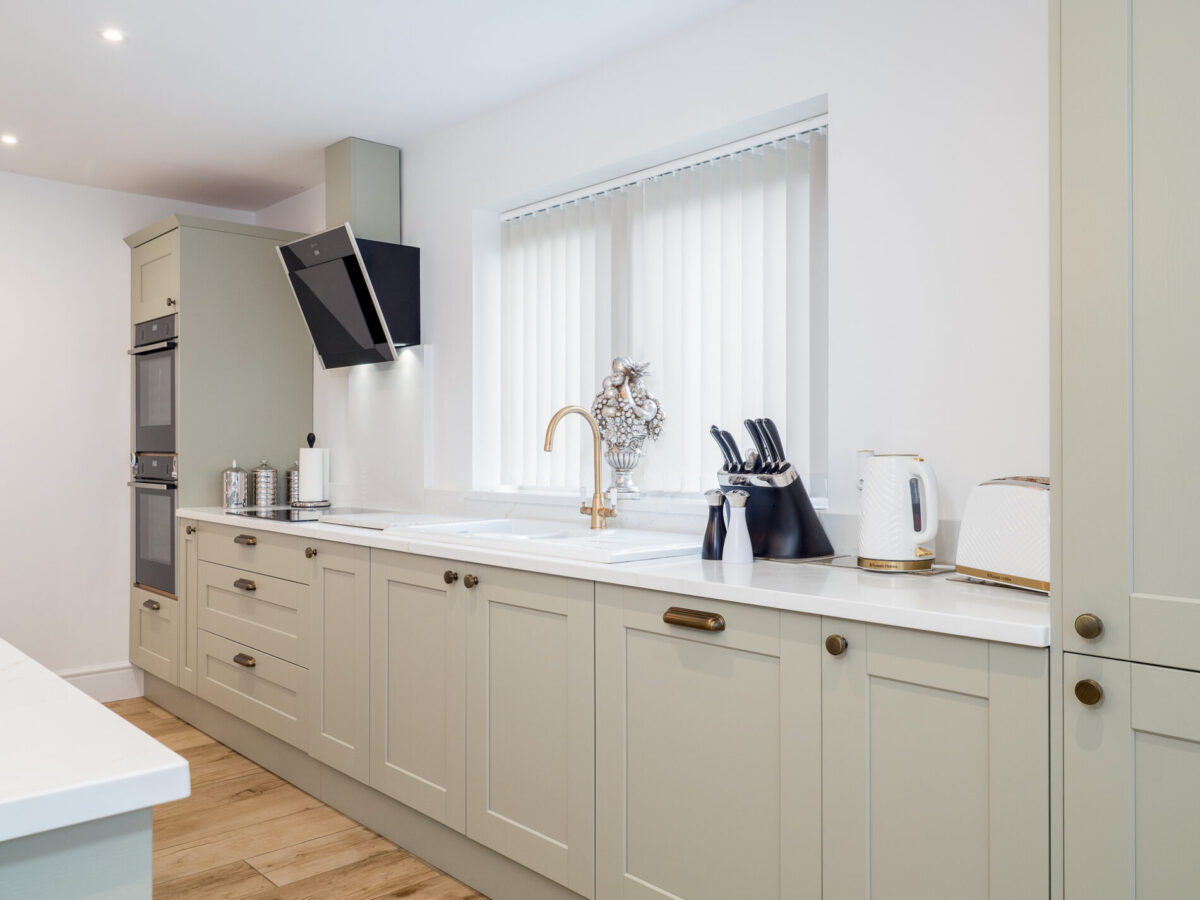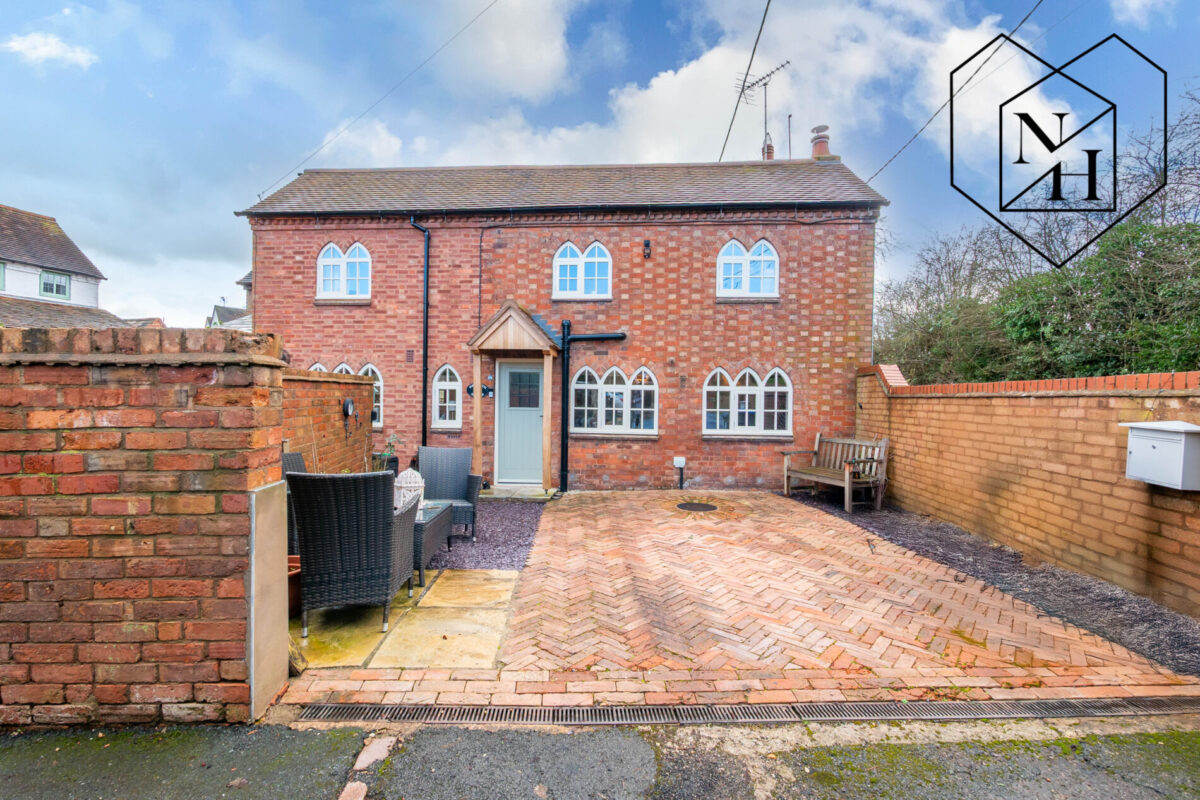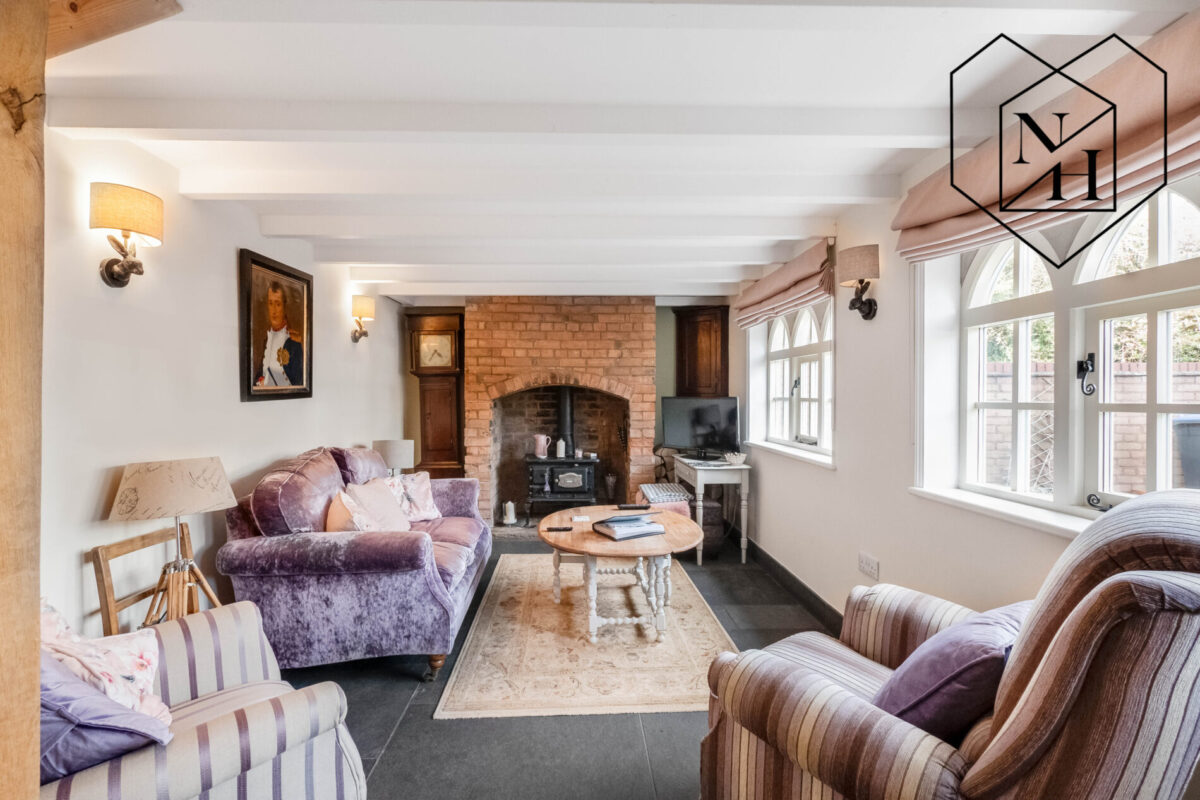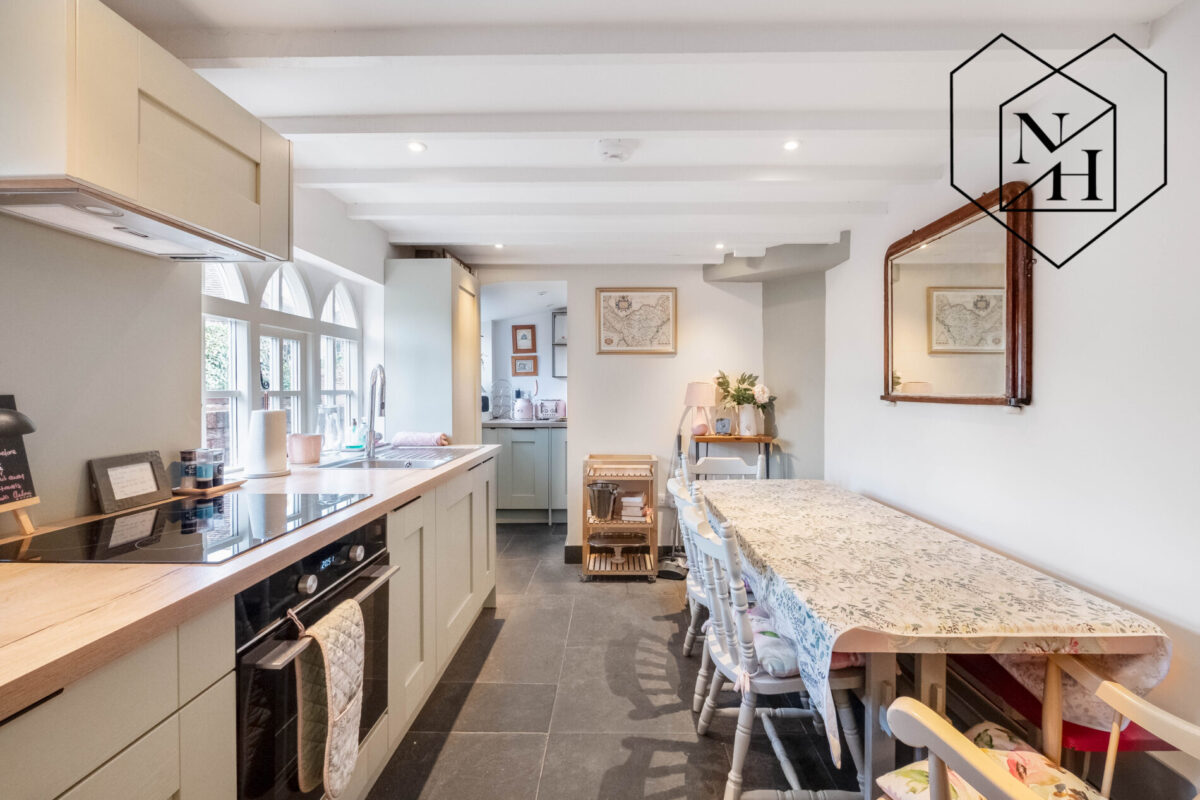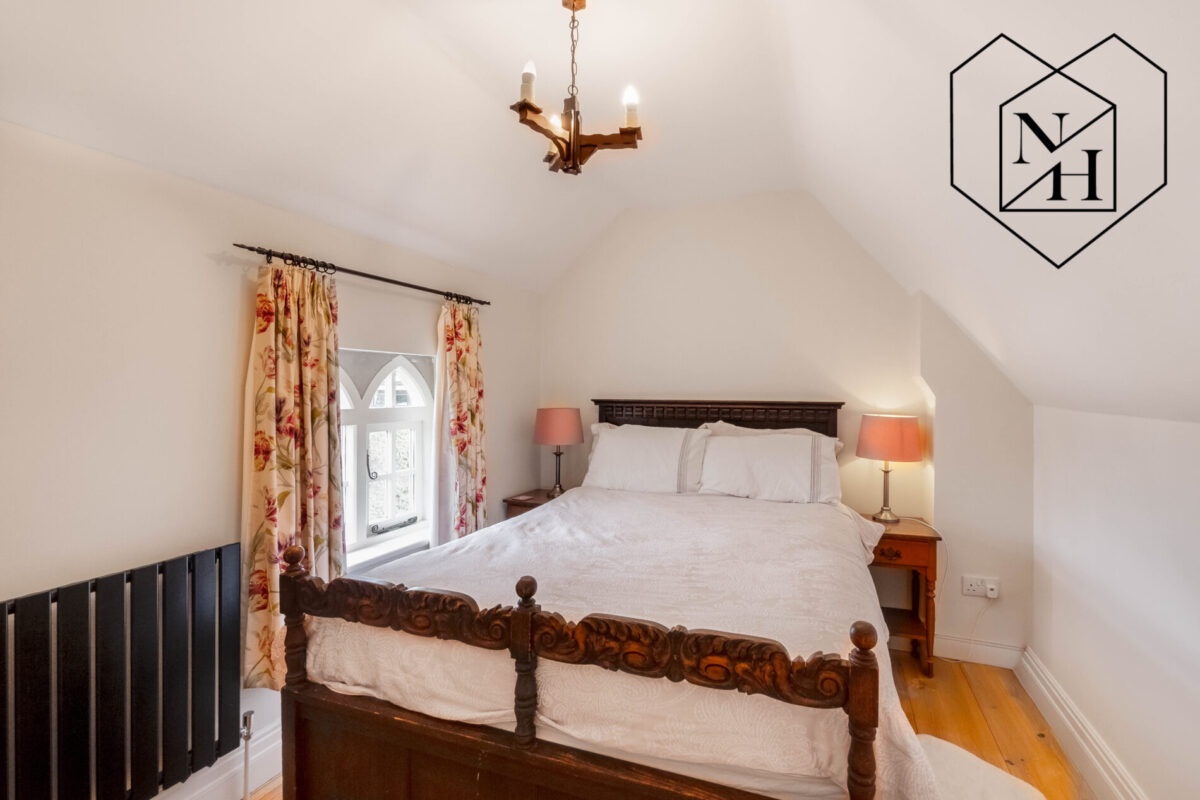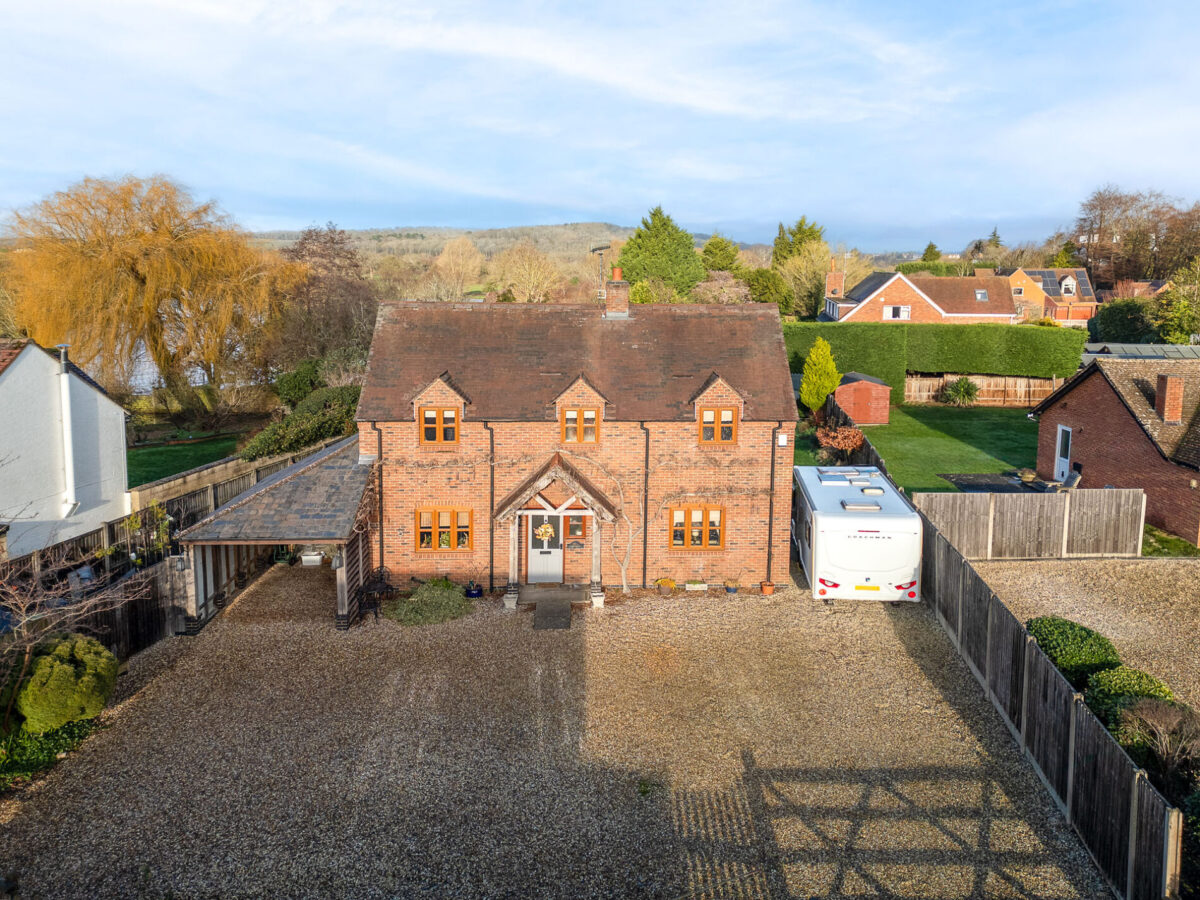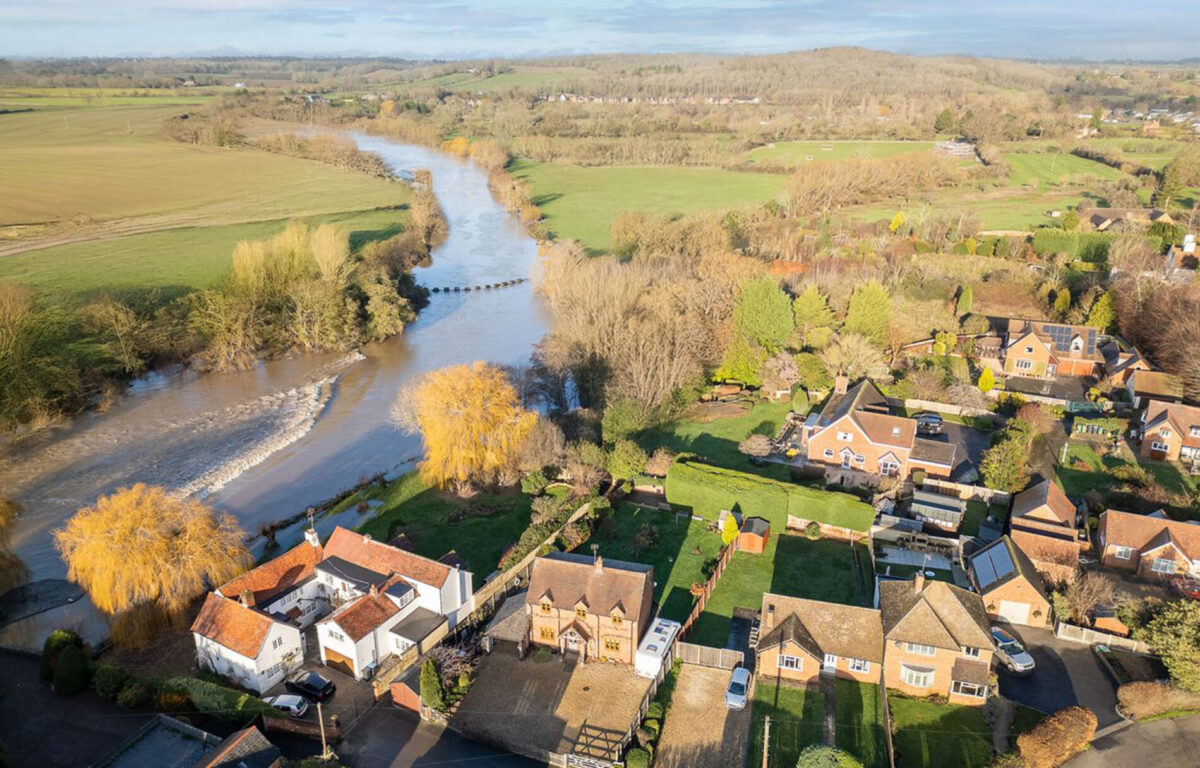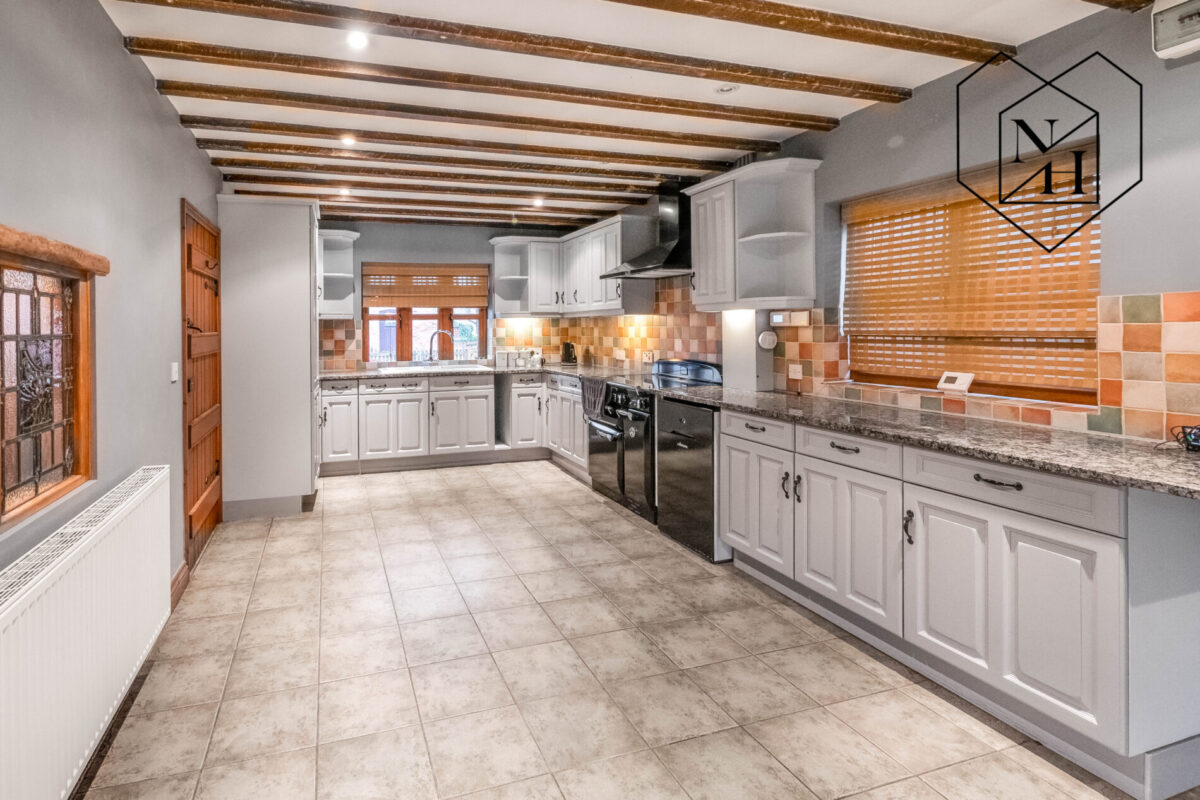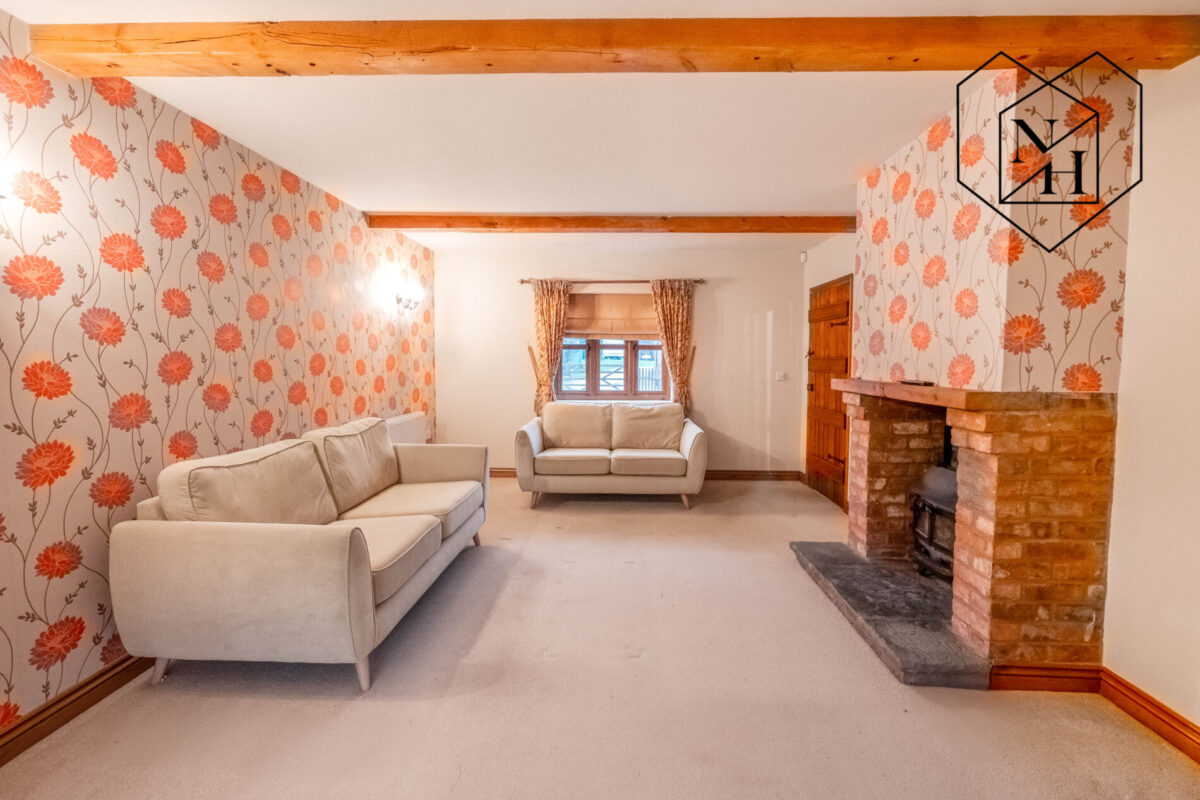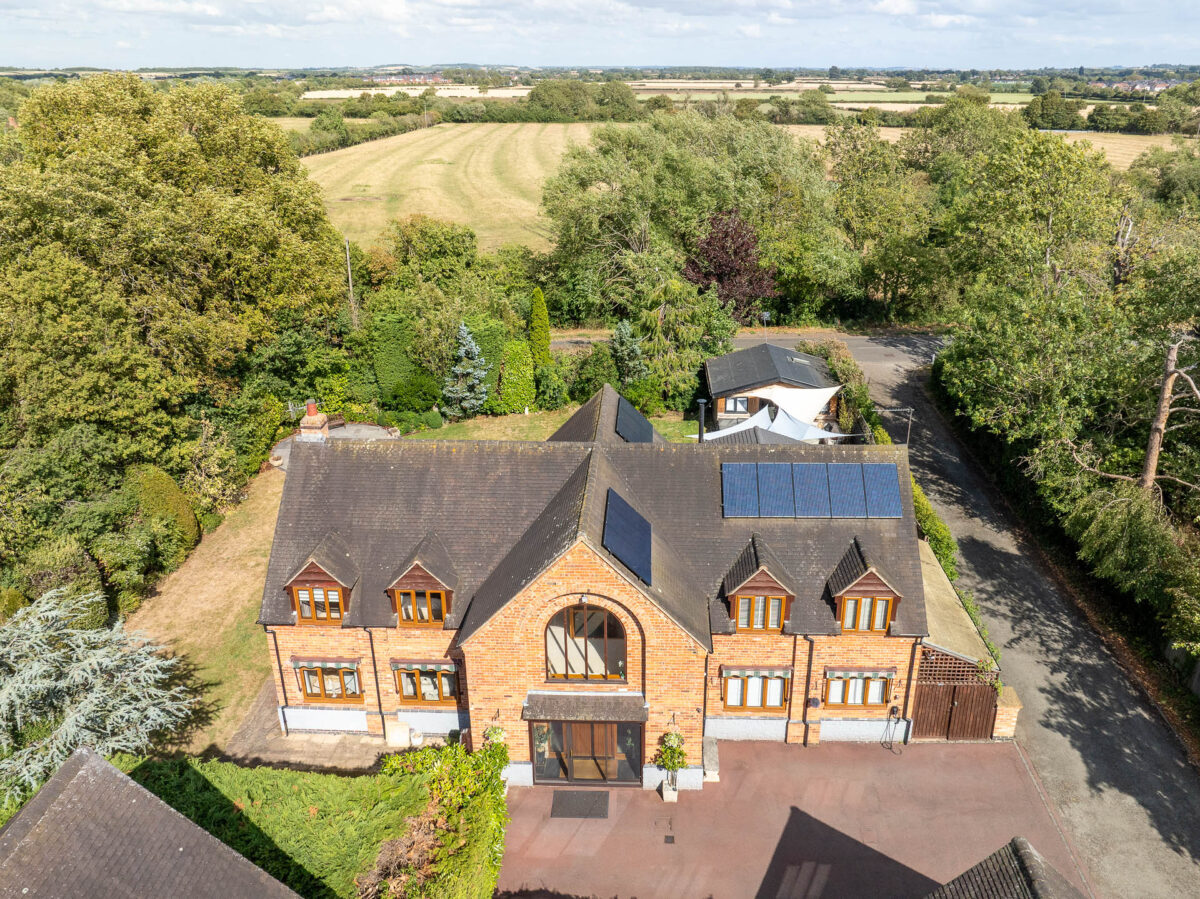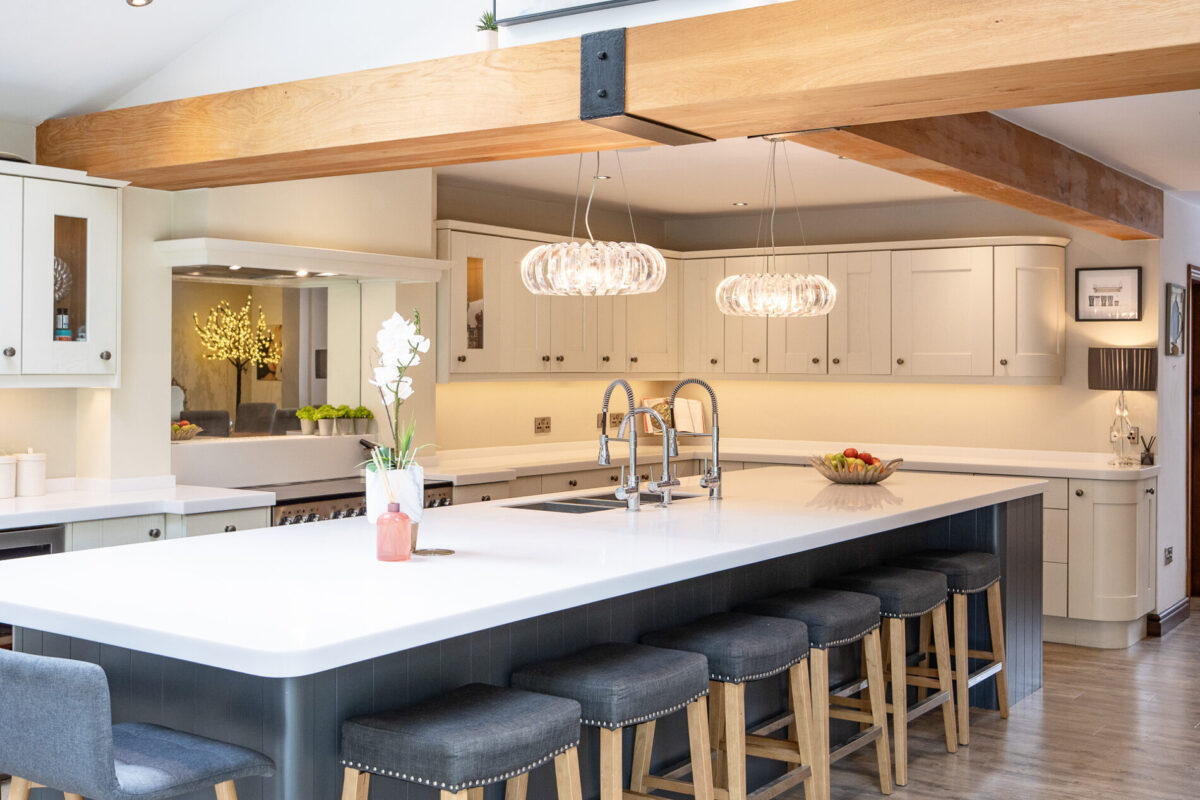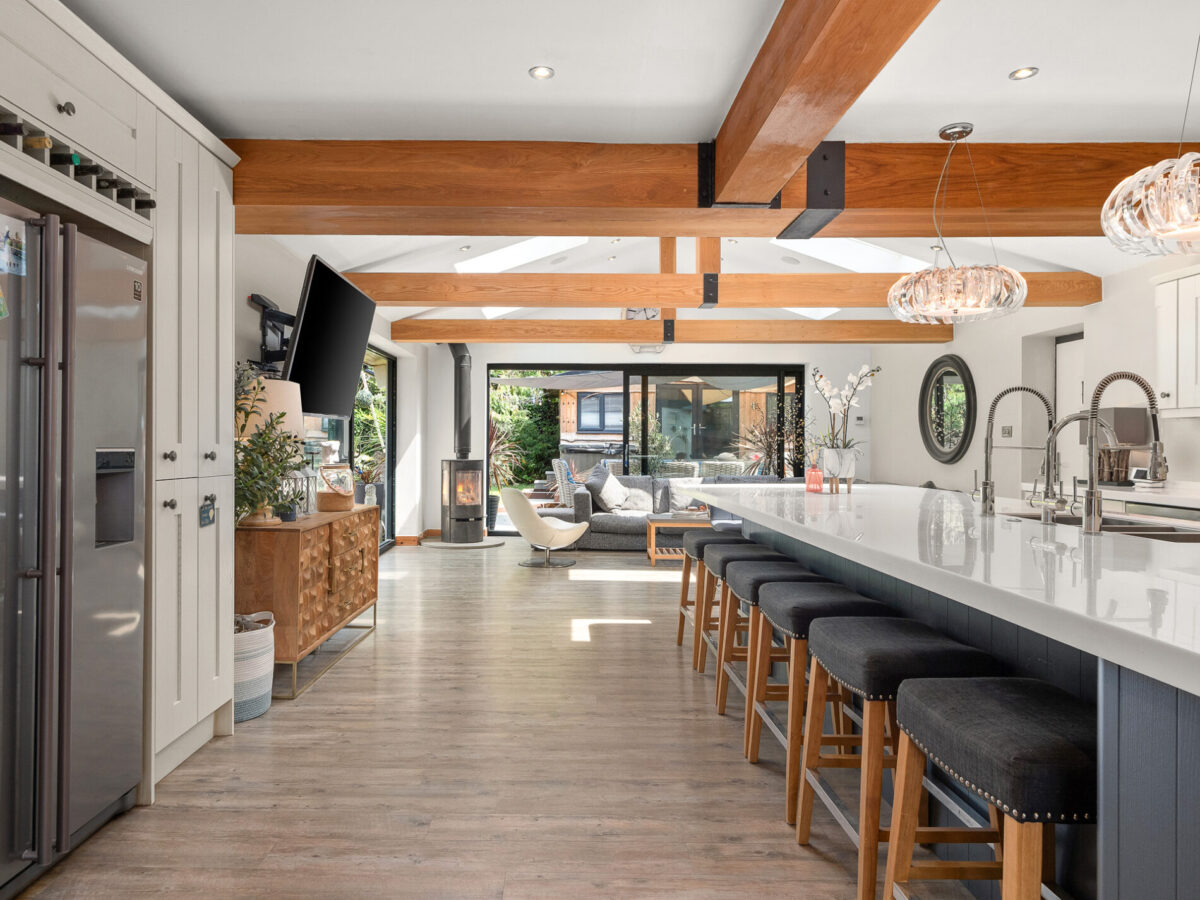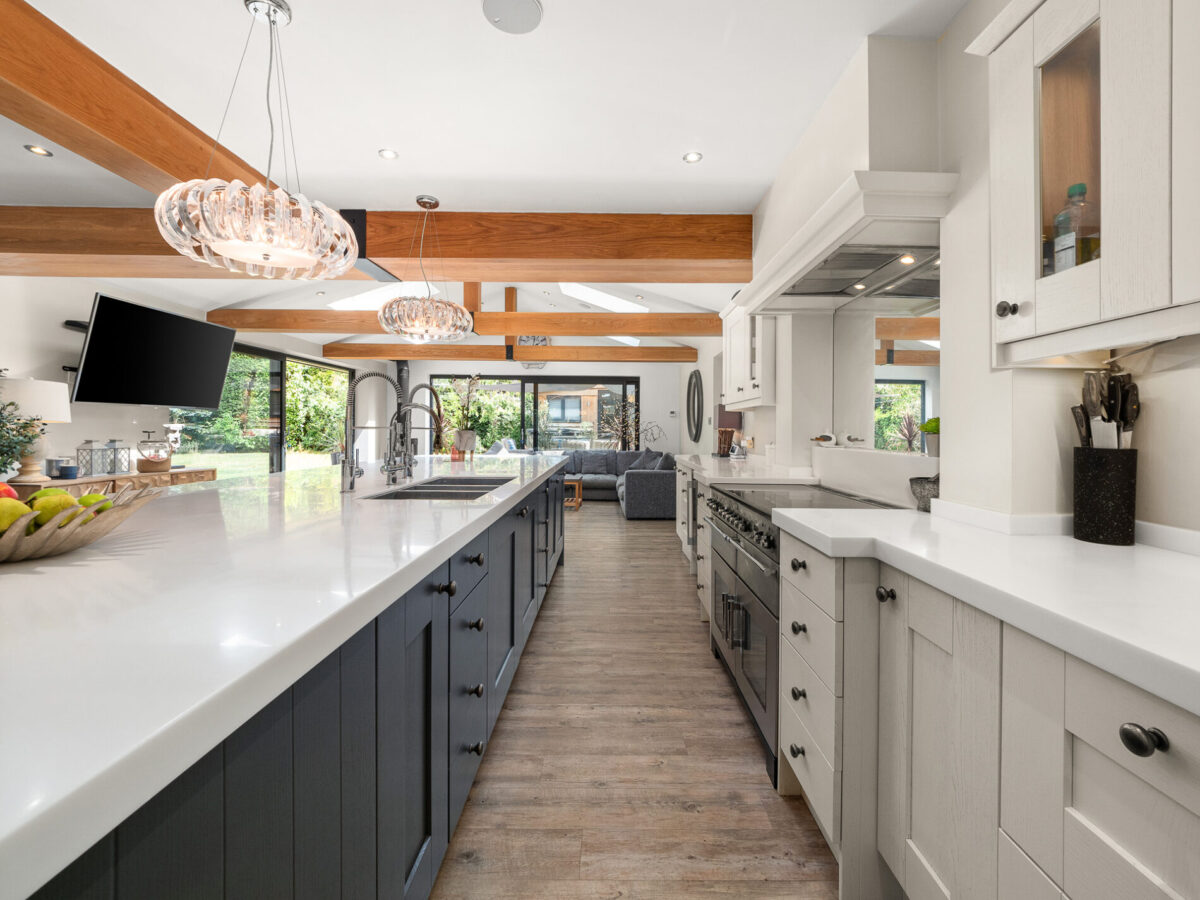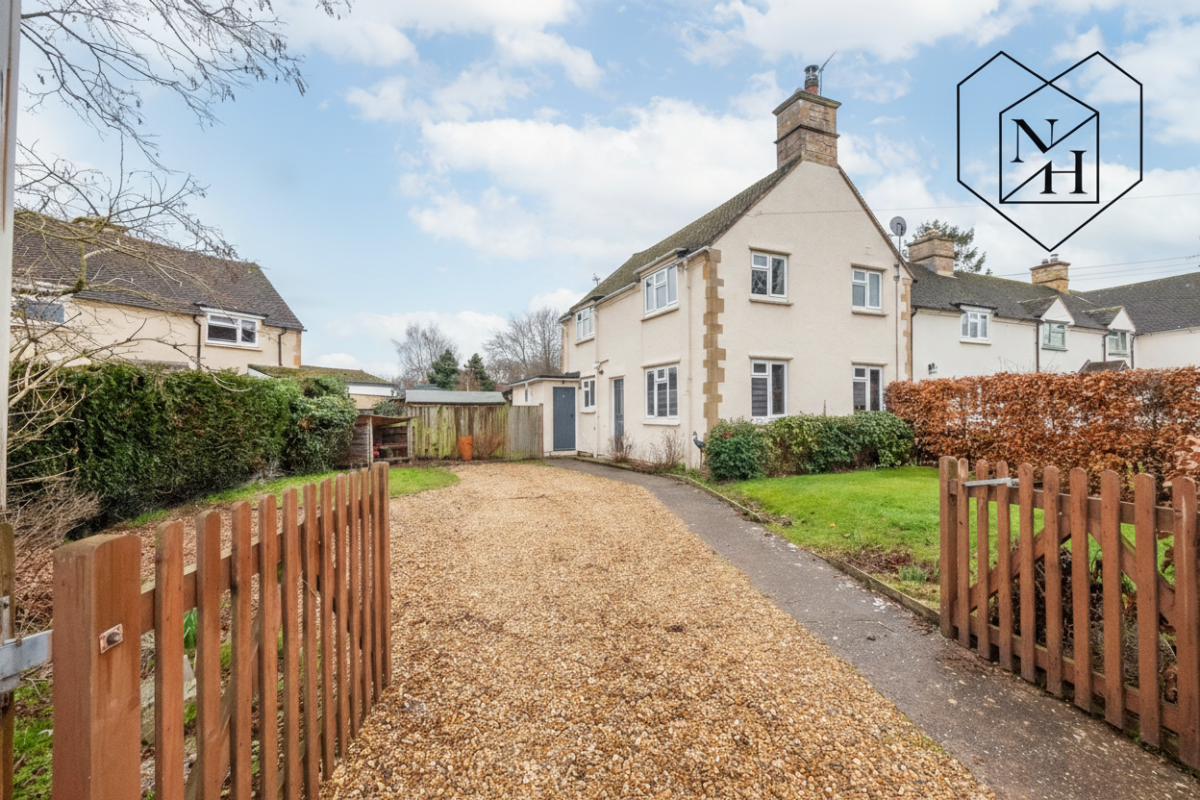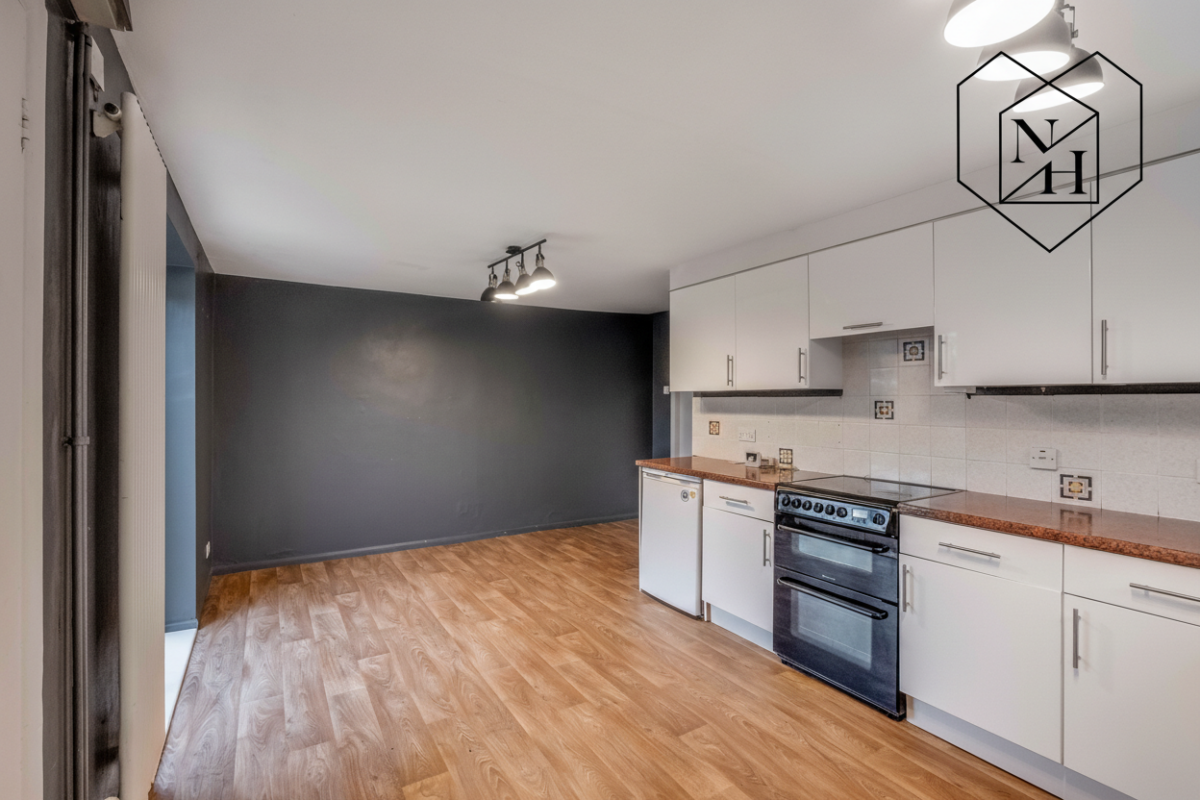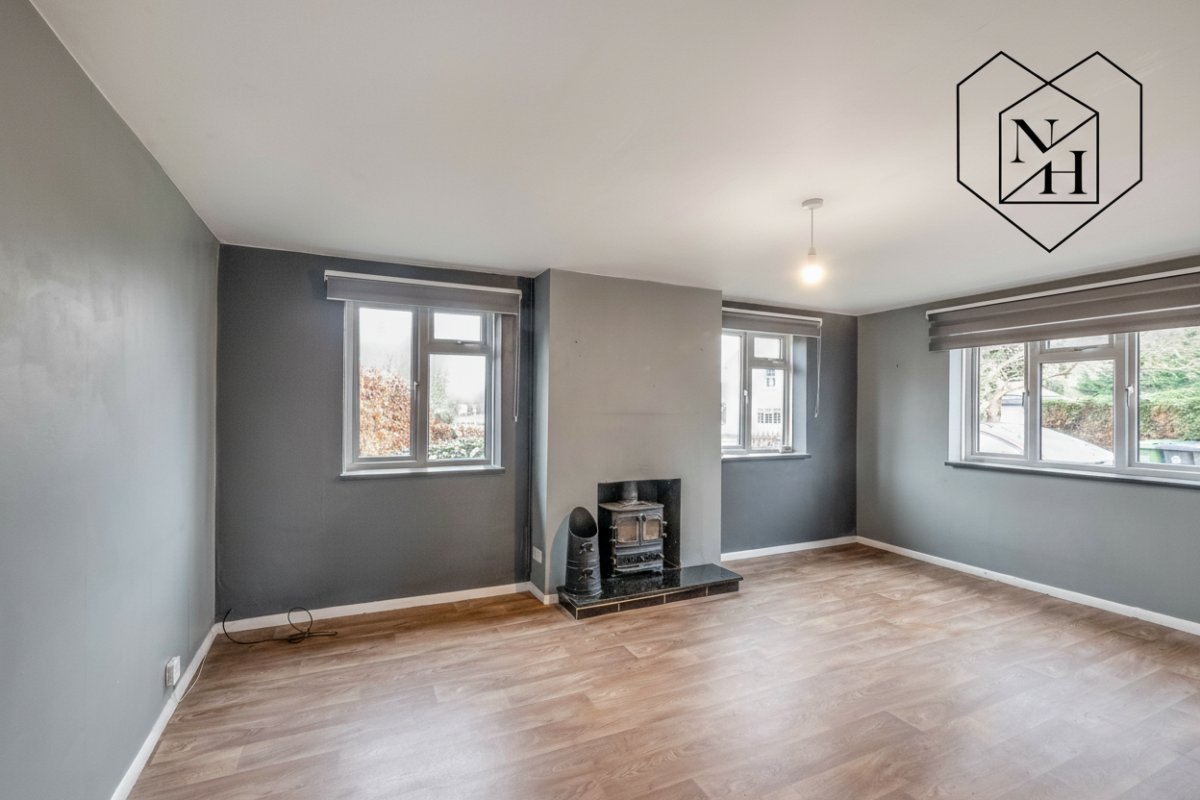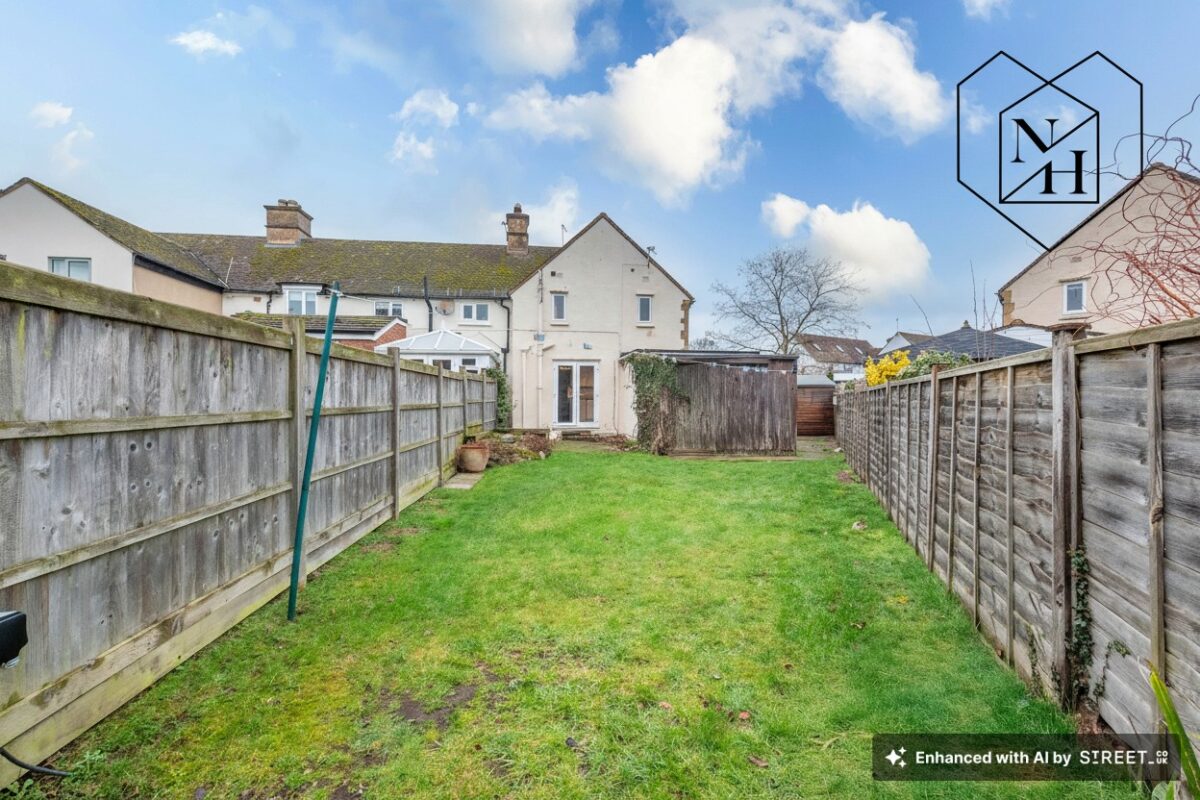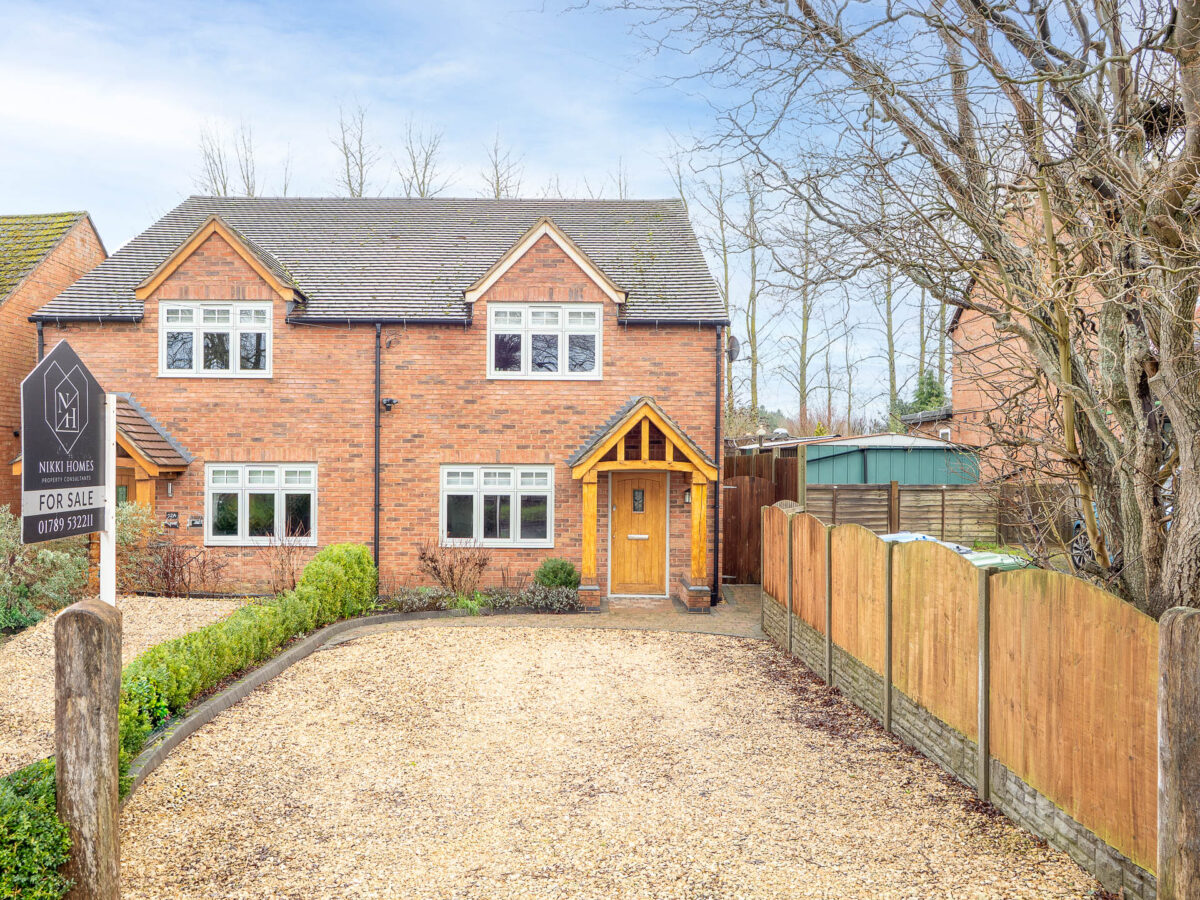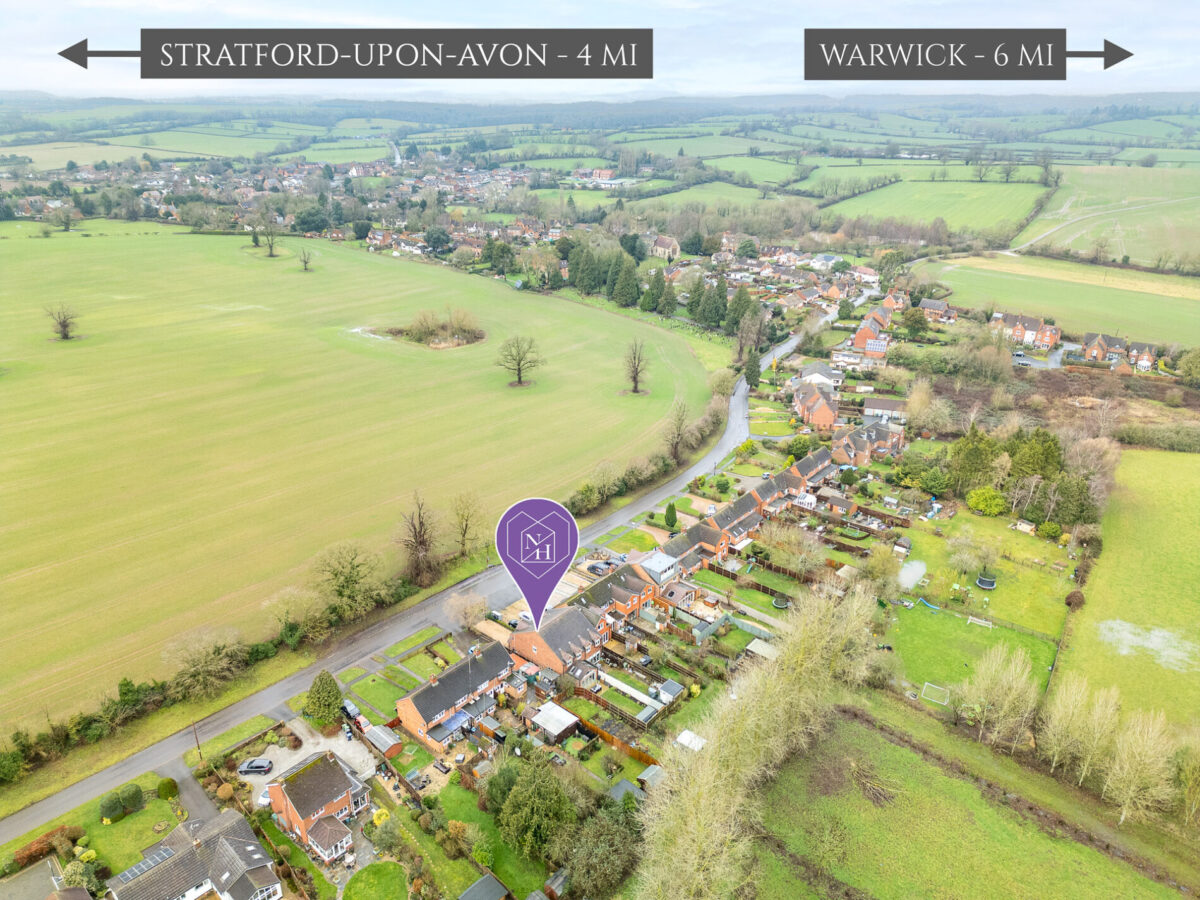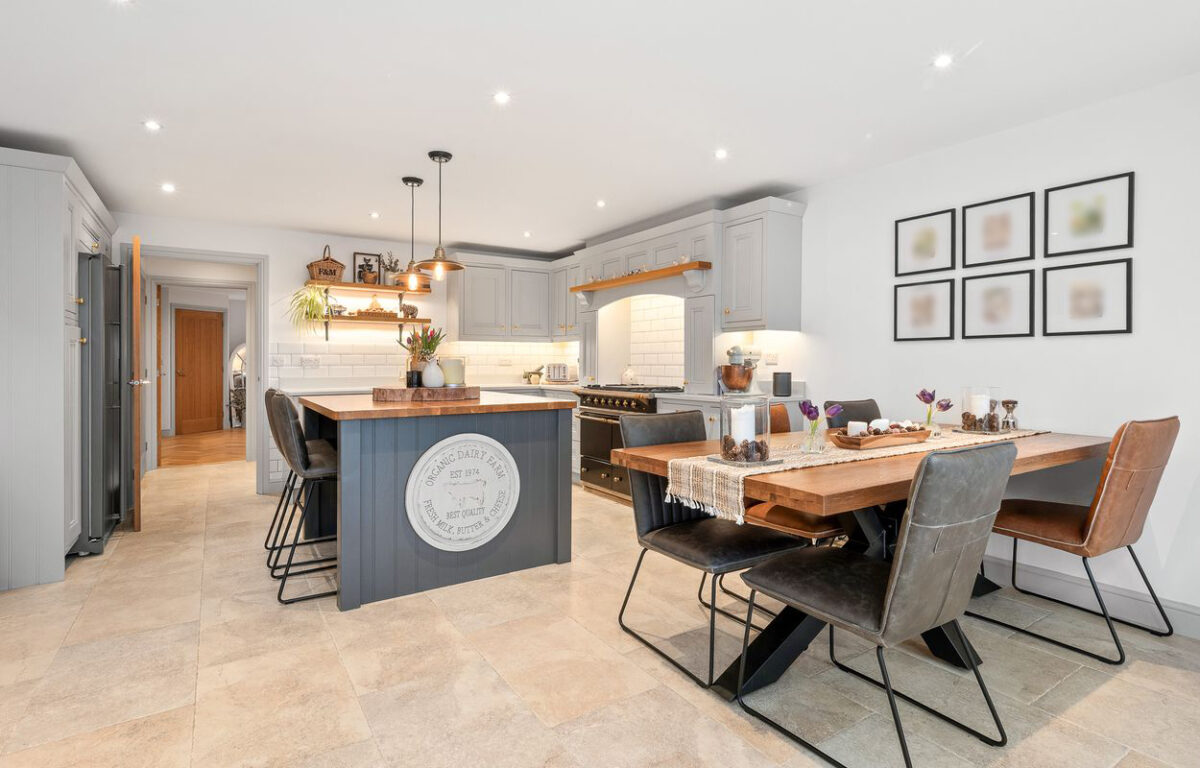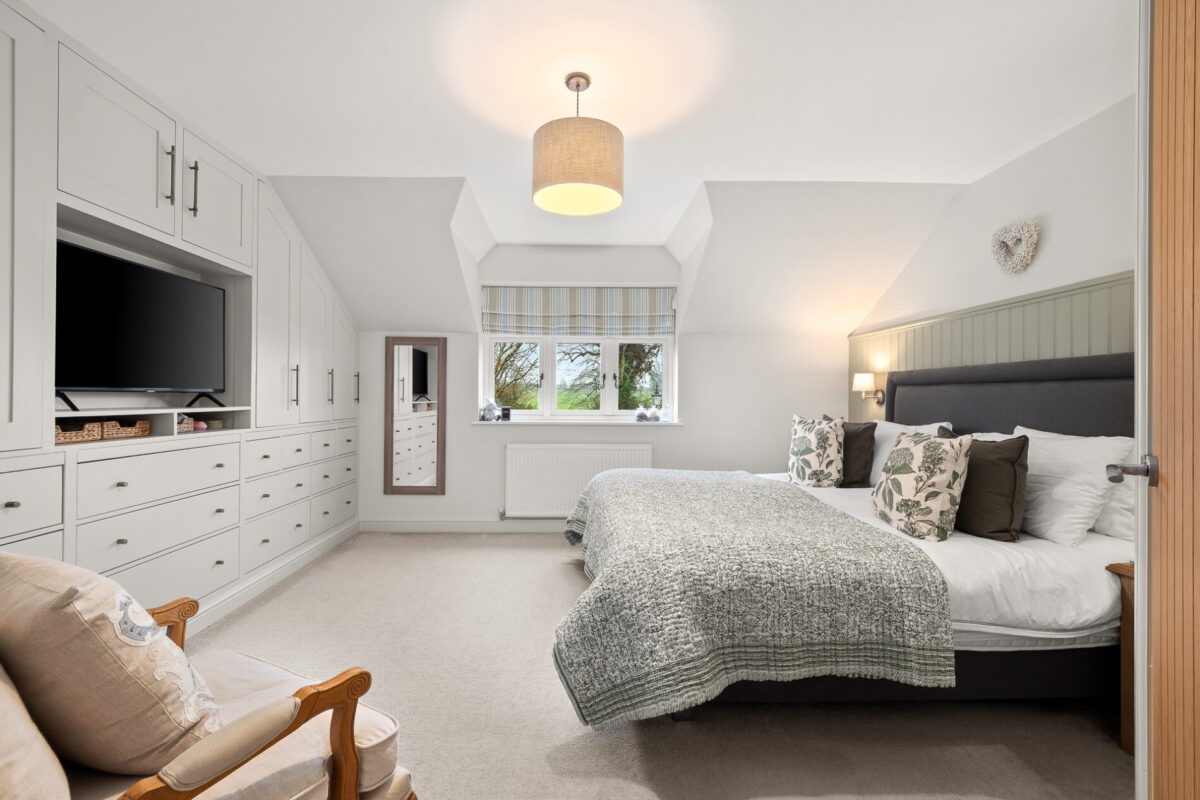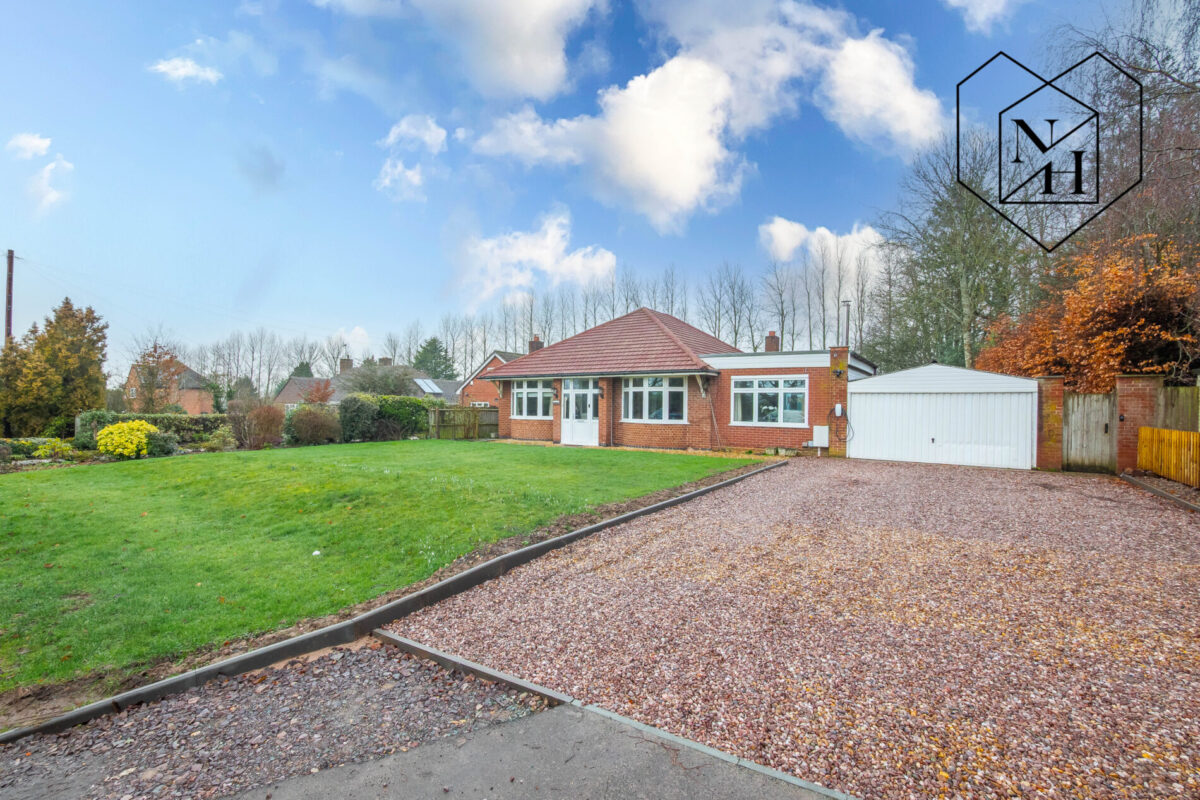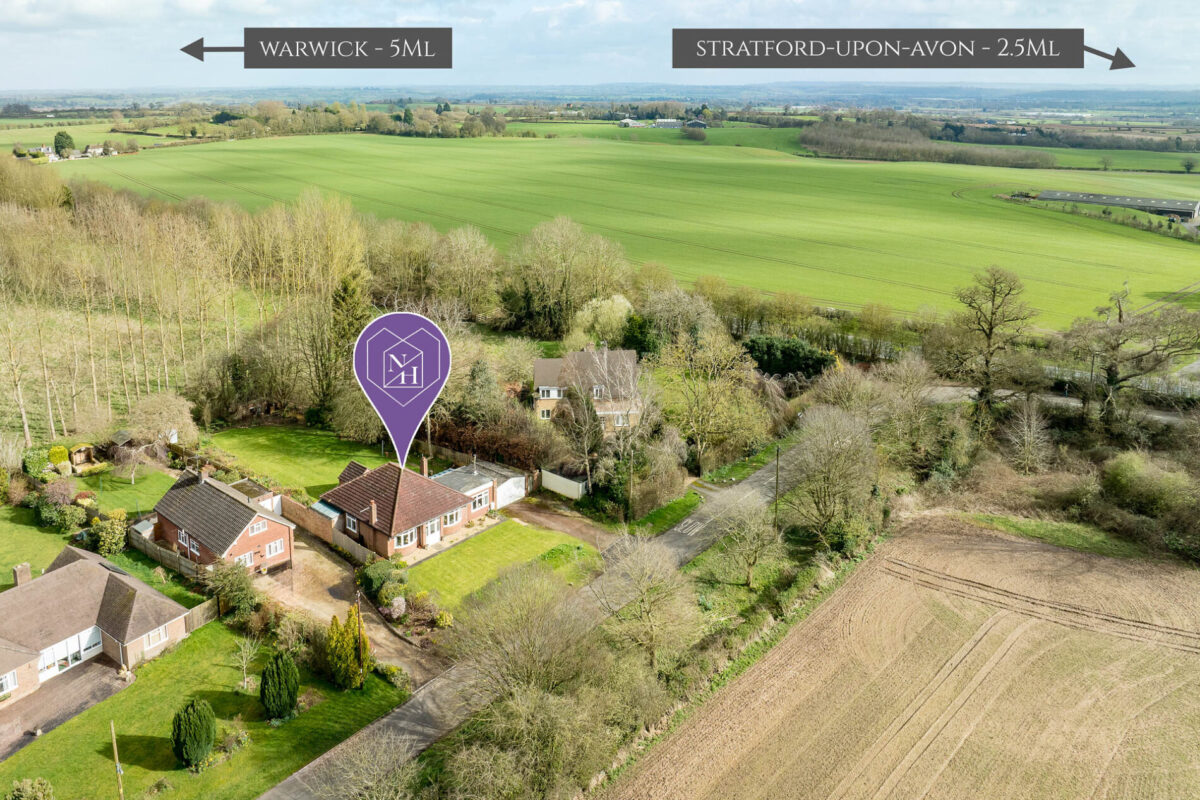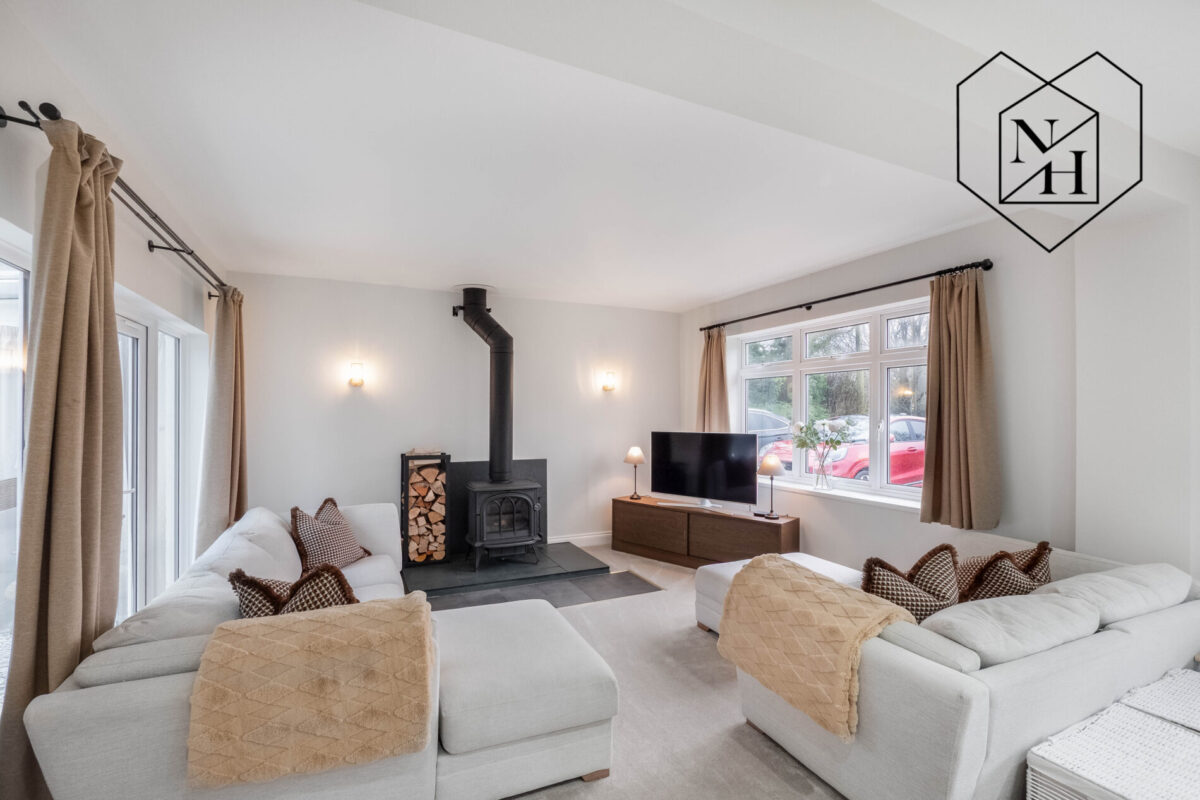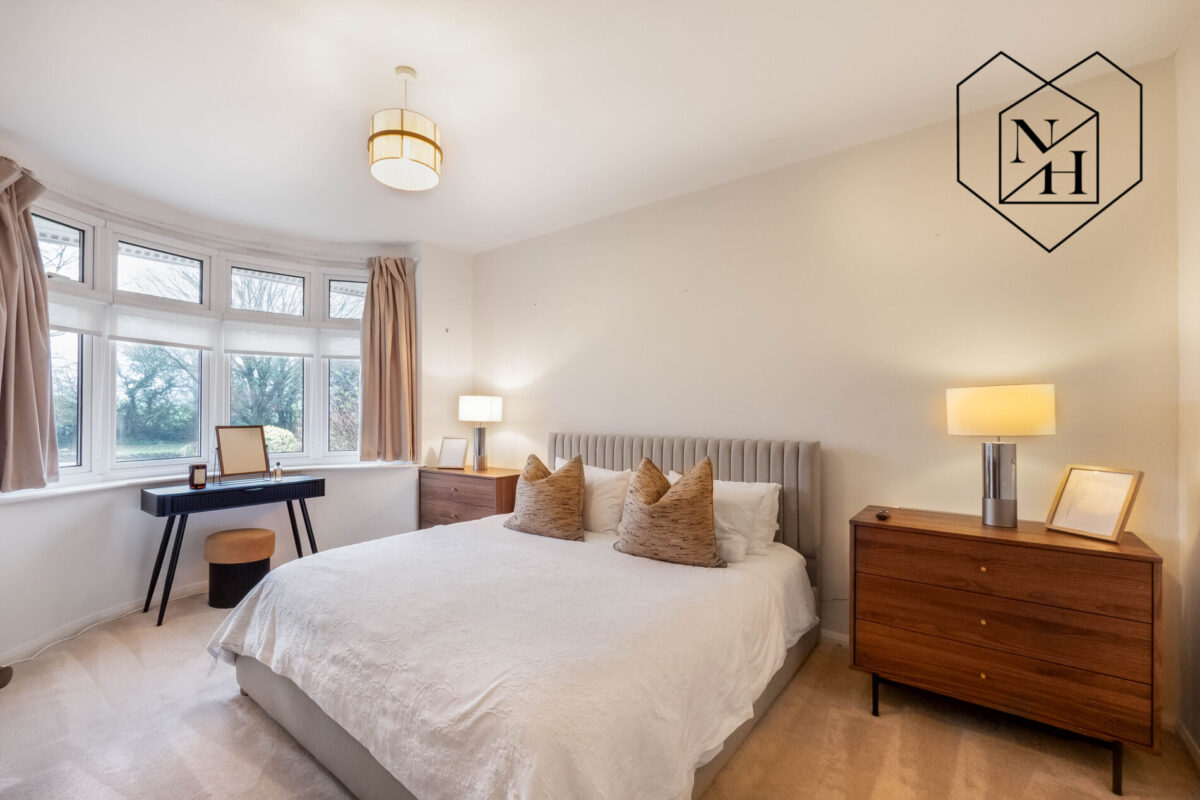Types of Mortgages Available
Once you know your budget, the next step is exploring the different types of mortgages available. There are pros and cons to each type of mortgage; talking to a professional about this is advised.
Fixed-rate mortgages are often ideal for first-time buyers because they offer stability. Every monthly repayment will remain the same amount of money and the interest rate remains the same. This can really help with managing all other expenses, too, for the first time.
Variable-rate mortgages can start with lower rates and interests, but they can fluctuate over time, meaning your repayments aren’t as stable or predictable.
Interest-only mortgages mean paying only the interest each month for an agreed period, without reducing the mortgage balance, but this balance must be paid off in full by the end of the term.
Buy-to-Let Mortgages are designed specifically for purchasing a property you intend to rent out, with lending criteria tailored to rental income and investment needs.
See our rental yield calculator here
Working with a knowledgeable mortgage advisor can make all the difference. At Nikki Homes, our advisors are dedicated to helping first-time buyers understand their choices, compare lenders, and secure competitive mortgage deals. If you are a landlord and own multiple properties, or you’d like to get into the renting business, then we can offer our advice here, as a landlady-run business!
Contact Us Today
Contact us today to speak to an agent about our services and set up a meeting with us. Feel free to call 01789 532211 or fill out our contact form here.
Properties
-
Meadow Sweet Road, Stratford-Upon-Avon, CV37
Stratford-upon-Avonx 3 x 1 x 1Video tour available. -
The Green, Snitterfield, CV37
Stratford-upon-Avonx 2 x 1 x 1 -
Mill Lane, Welford On Avon, CV37
Stratford-upon-Avonx 4 x 2 x 2Spacious four bedroom detached home in a quiet cul de sac. Features ensuite, sun room, utility room and no chain. Walking distance of the school, shop and pubs. -
Welford Road, Long Marston, CV37
Stratford-upon-Avonx 5 x 3Refined Village Residence, Grange Court, Long Marston. Superbly extended & refurbished, boasting 4,200 sq ft living space, with 5 beds, annexe, double garage, landscaped grounds. -
Orchard Place, Clifford Chambers, CV37
Stratford-upon-Avonx 3 x 2 x 1Spacious 3 bed semi in sought after village, no chain, log burner, kitchen/diner, ensuite, parking, garden, near schools and transport, ideal for families, ready to move in. -
Park Lane, Snitterfield, CV37
Stratford-upon-Avonx 3 x 2 x 1 -
Park Lane, Snitterfield, CV37
Stratford-upon-Avonx 3


